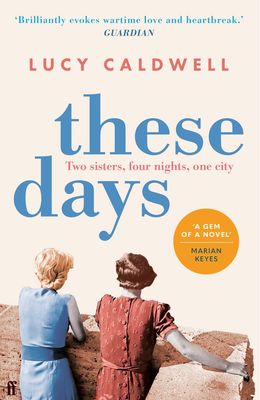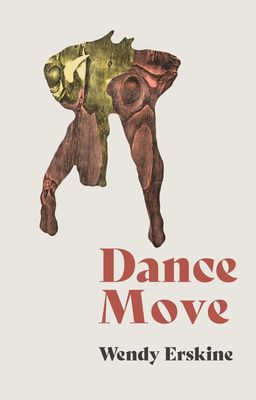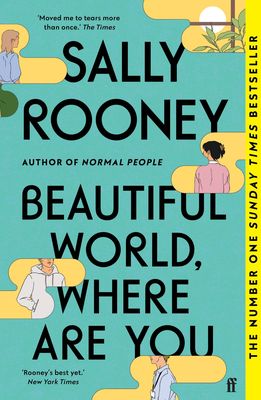MICHAEL Magee’s bittersweet debut novel concerns the trials and tribulations of an aspiring young writer from West Belfast as he begins to imagine a fulfilling life beyond trauma induced-malaise.
“There was nothing to it. I swung and hit him and he dropped” recounts the protagonist, 22-year-old Sean Maguire in the novel’s opening line, as he assaults a man at a house party when his working-class Twinbrook background is mocked.
The inciting incident is the culmination of repressed rage aroused by class disparity and intergenerational trauma; a lifetime of being labelled with societal preconceptions.
Following the Great Recession, Sean returns home from Liverpool as an English literature graduate with few career prospects. The novel paints a warts-and-all portrait of a stagnant 2013-14 Belfast; a city in the process of being reimagined post-Troubles, now further impacted by the recession.
Charged with Assault with Actual Bodily Harm, the months in which Sean subsequently works towards 200 hours of community service allow him ample time for introspection, and thus, provide a catalyst for potential metamorphosis. From self-destructive “gear”/ cocaine-fuelled debauchery, to self-revelations regarding his literary career aspirations.
Hailing from Poleglass, Magee, the fiction editor of The Tangerine (whose work has also appeared in literary magazines such as The Stinging Fly), explores the intersecting cycles of poverty, crime and addiction within working-class communities in the wake of the Troubles; as well as deconstructing the concept of the ‘hard man’.
Autobiographical in parts, the novel follows Magee’s young alter-ego Sean’s journey of self-reimagination. He yearns to access a world which would enable him to pursue his artistic dreams, and so applies for jobs at a bookstore, and a non-profit art organisation. Ultimately, he feels that this world is inaccessible due to his social class.
All the while, Black Mountain looms over West Belfast with its ever-changing political messages such as “END INTERNMENT” (along with a colossal tricolour).
When apathy overshadows hope, Sean alongside his friends Finty and Ryan, resort to escapism through wild ‘benders’ soundtracked by republican rebel songs or the usual makeshift chorus of young men on smoky, sticky club dance floors chanting “oi, oi, oi ****ing oi” accompanied by deafening bass.
The gratification of short-lived euphoria is more palatable to Sean and the men in his life (including his brother Anthony) than vulnerably discussing the impact of their collective trauma in detail. The subtext of the unspoken reveals a festering intergenerational wound; the acute pain lingers, ailing an individual indefinitely.
In the West Belfast authentically depicted here, one can only turn a blind eye to a painful past for so long when countless reminders of the Troubles exist as street corner murals featuring people such as Bobby Sands and Carol Ann Kelly. All the while, Black Mountain looms over West Belfast with its ever-changing political messages such as “END INTERNMENT” (along with a colossal tricolour).
Through his alter-ego, Magee advocates catharsis via artistic expression. It is Mairéad, Sean’s similarly disillusioned childhood friend, that encourages him to continue pursuing his literary endeavours despite his feeling of class inadequacy; to begin to enter the literary circles found in the vicinity of Queens University e.g., No Alibis bookstore and the now closed-down Bookfinders.
Magee’s novel reminds us of the necessity of addressing the past in order to transcend our trauma; to have the courage to become the person we wish to be. We cannot re-write what has passed, but we can be the authors of what is to come.
This is a resonant debut that truly lives up to its name.
Close to Home by Michael Magee is published by Hamish Hamilton (RRP £12.99).







